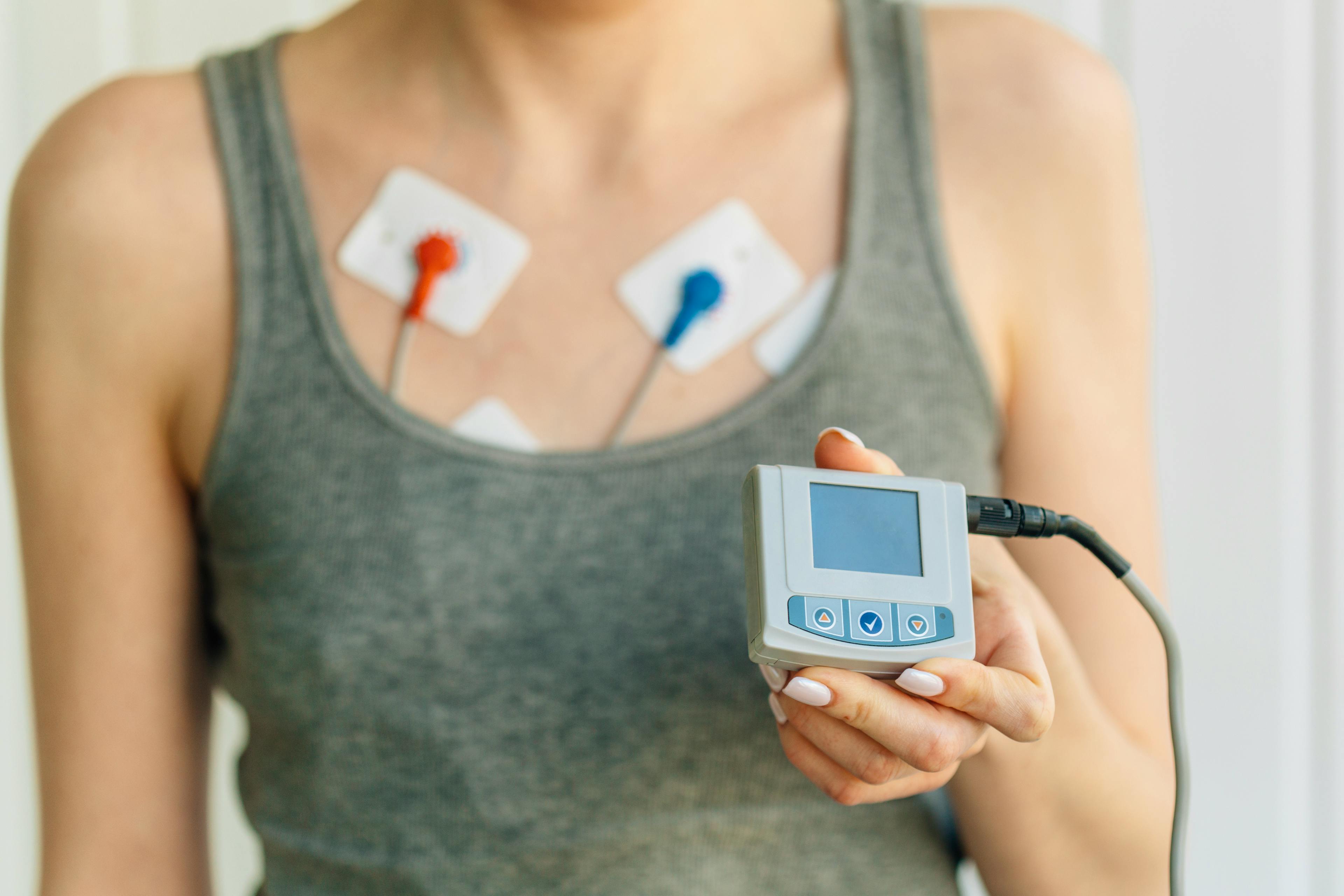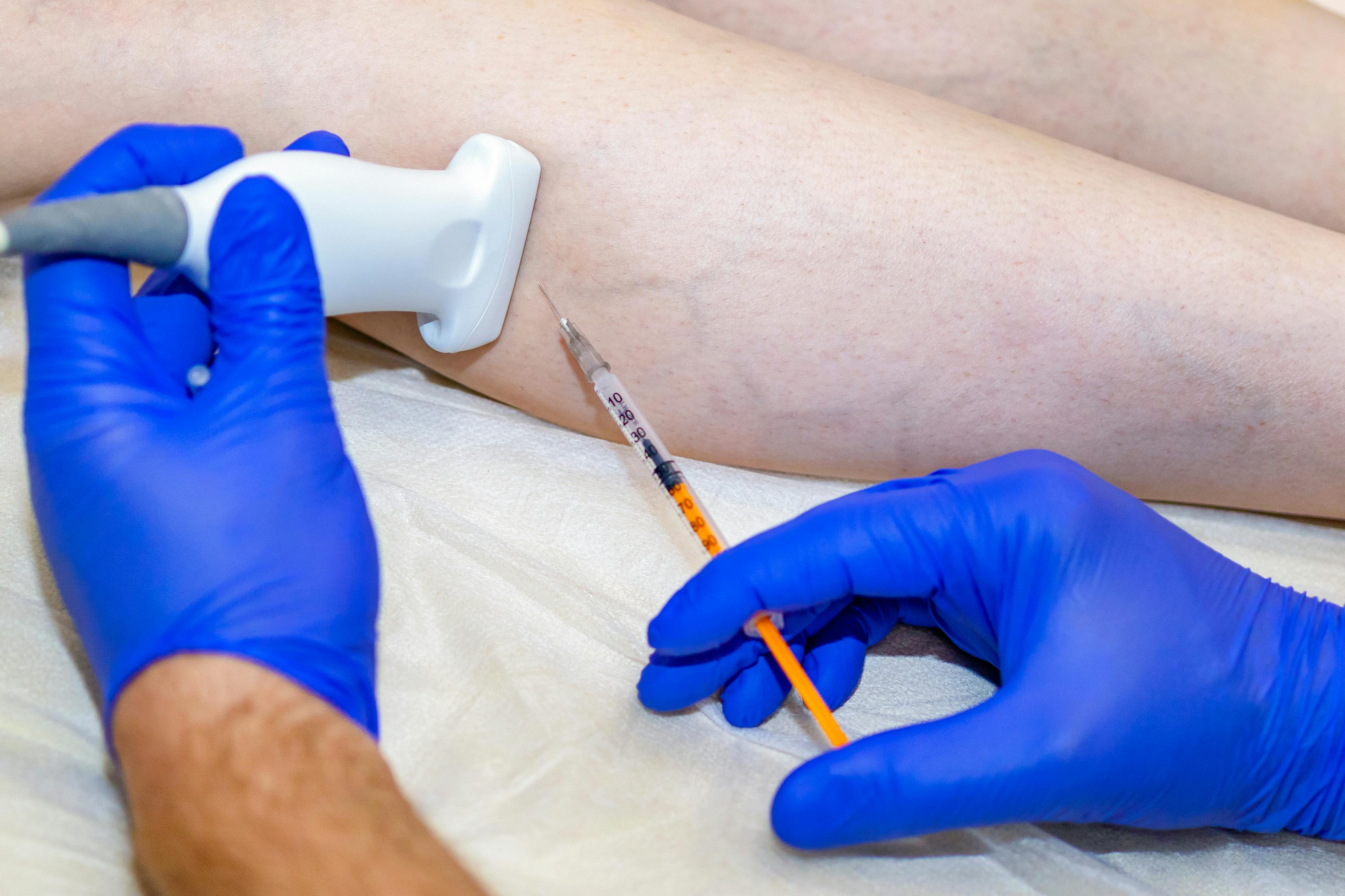Comprehensive Evaluation and Treatment for Arrhythmias
Irregular heart rhythms, or arrhythmias, occur when the heart beats too fast, too slow, or unevenly. Some are harmless, while others increase the risk of stroke or cardiac arrest. Our experienced team will help diagnose the cause, explain your options, and guide you toward a treatment plan that supports your health and peace of mind.
Types of Arrhythmias We Treat
- Atrial Fibrillation (AFib)
- Supraventricular Tachycardia (SVT)
- Bradycardia and Syncope
- Wolff-Parkinson-White Syndrome (WPW)
- Ventricular Tachycardia (VT)
How Heart Arrhythmias Are Diagnosed
Getting the right diagnosis is the first step toward feeling better. We use specialized tests to evaluate your heart’s rhythm and pinpoint the cause of your symptoms. These may include:
- Electrocardiogram (EKG)
- Holter Monitor (24–48 hours of heart monitoring)
- Event Monitor (longer-term rhythm tracking)
- Implantable Loop Recorder (for elusive, irregular episodes)
- Electrophysiology (EP) Study
Heart Arrhythmia Treatments
Most arrhythmias are treatable, and many patients return to living full, active lives. Treatment depends on the type of rhythm problem and how it affects your heart. Options may include:
- Medications to control the rate or rhythm
- Cardioversion, a gentle electrical reset of the heart’s rhythm
- Catheter Ablation, a minimally invasive procedure that targets and eliminates faulty electrical pathways
- Pacemaker or ICD placement for rhythms that are too slow or dangerously irregular
- Loop Recorder Insertion for ongoing rhythm monitoring
Learn More on our Heart & Vascular Procedure page.
Heart Rhythm Ongoing Monitoring and Long-Term Care
Many heart rhythm conditions require ongoing monitoring. We provide regular follow-ups, device checks, and long-term support to keep your heart functioning at its best. Your first step is a consultation with a heart rhythm specialist to review your symptoms, discuss testing, and create a personalized plan.






